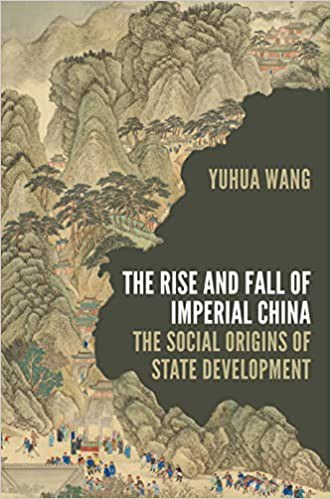
TheRiseandFallofImperialChina
作者:YuhuaWang
1
0
推荐者:百科书库 2023-03-25 17:12:05
本书简介
- 作者:YuhuaWang
- 出版社:PrincetonUniversityPress
- 副标题:TheSocialOriginsofStateDevelopment
- 出版年:2022-10
- 页数:336
- 定价:$95.00
- 装帧:Hardcover
- ISBN:9780691215174
How did social networks affect the Chinese empire? China was a global superpower for almost two thousand years, but has fallen behind in recent centuries and is now rising again. This book, The Rise and Fall of Imperial China, examines the factors that led to China’s decline from the 7th to the 20th century. Author Yuhua Wang shows how short-lived emperors often ruled strong states, while long-lasting emperors governed weak ones. He argues that Chinese rulers faced a fundamental trade-off, known as the sovereign’s dilemma: a coherent elite that could strengthen the state could also overthrow the ruler. Strengthening state capacity and keeping rulers in power for longer required different social networks in which central elites were embedded. Wang examines how these social networks shaped the Chinese state and vice versa, and how the ruler’s pursuit of power by fragmenting the elites became the final culprit for China’s fall. Through more than a thousand years of Chinese history, The Rise and Fall of Imperial China highlights the role of elite social relations in influencing the trajectories of state development.
作者简介
YuhuaWangistheFrederickS.DanzigerAssociateProfessorintheDepartmentofGovernmentatHarvardUniversity.HeistheauthorofTyingtheAutocrat’sHands:TheRiseoftheRuleofLawinChina.
相关推荐
逆天的冒险
我们是天生的冒险家,对冒险的爱从不会离开我们,直到我们迈入垂老之年。”博莱索写道。他认为,“胆小的老头子,在他们的兴趣当中,冒险应该是绝灭了的。”这也是为什么诗人们偏爱冒险,而法律通常是老年人制定的原 (南非)威廉·博莱索 2023-04-10 05:12:26笔误:文学大师的秘密生活
爱伦·坡小时候曾在一个墓地里上学?马克·吐温曾当着维多利亚女王大谈放屁,是怎么回事?斯科特·菲茨杰拉德在派对上双手趴在地上,像狗一样大叫又是为什么……我们常常认为,作家应该是正襟危坐着写书的人,但《笔 (美国)罗伯特·施耐肯伯格 2023-04-10 10:13:49© 2023-2025 百科书库. All Rights Reserved.



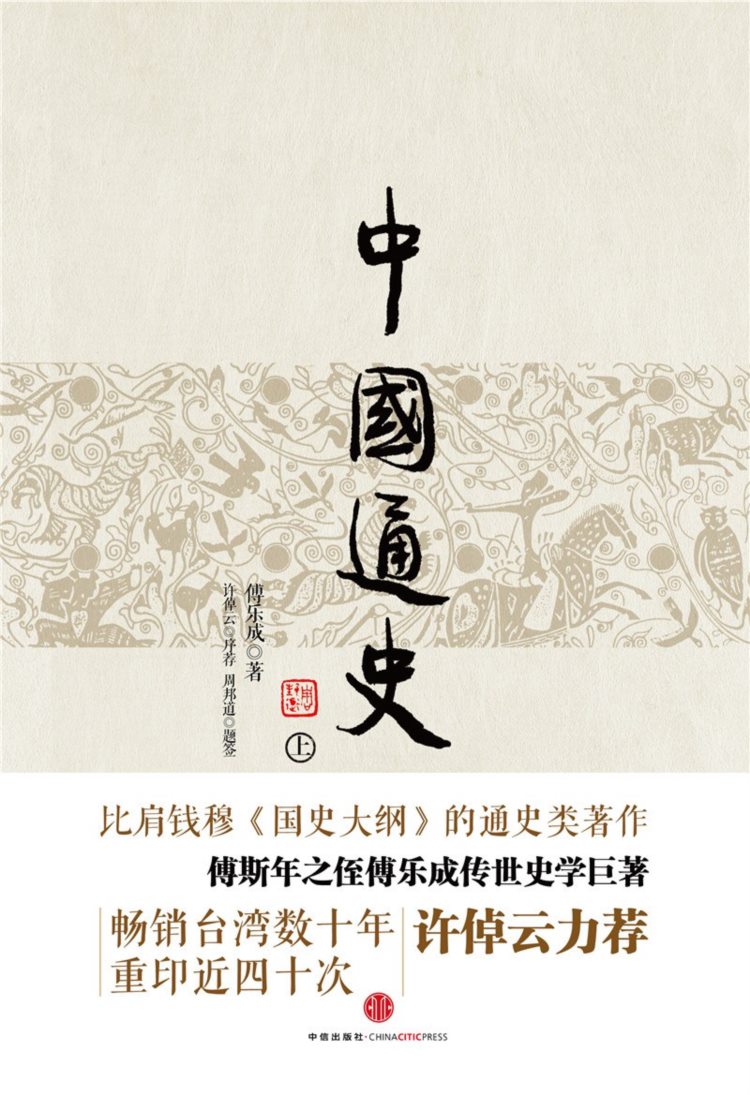
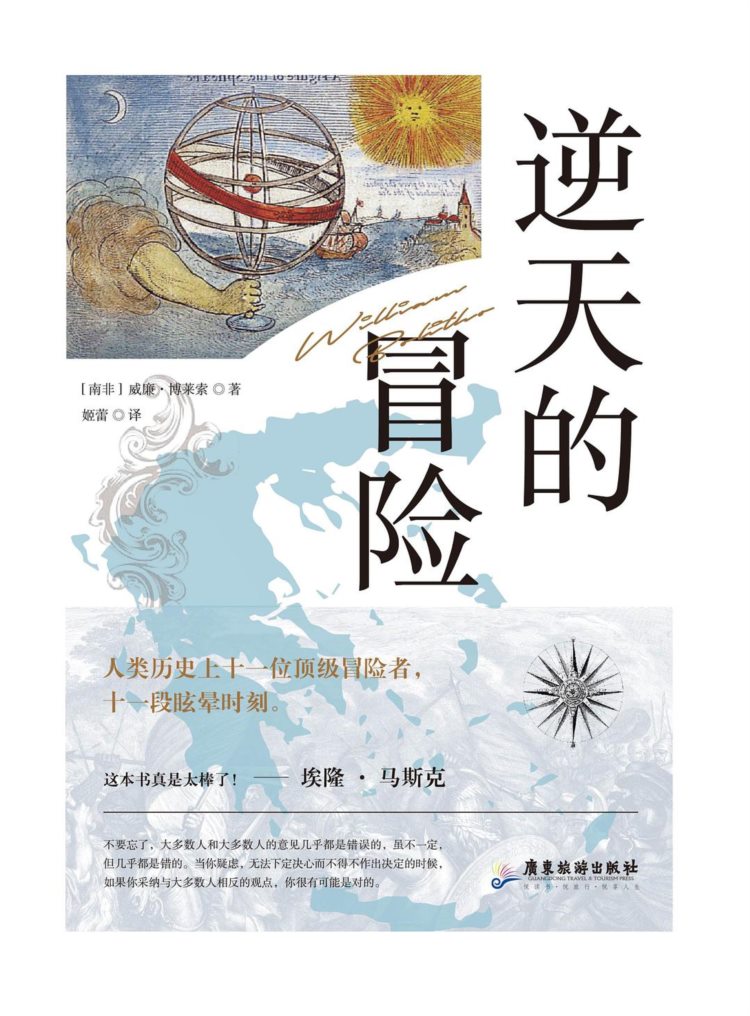
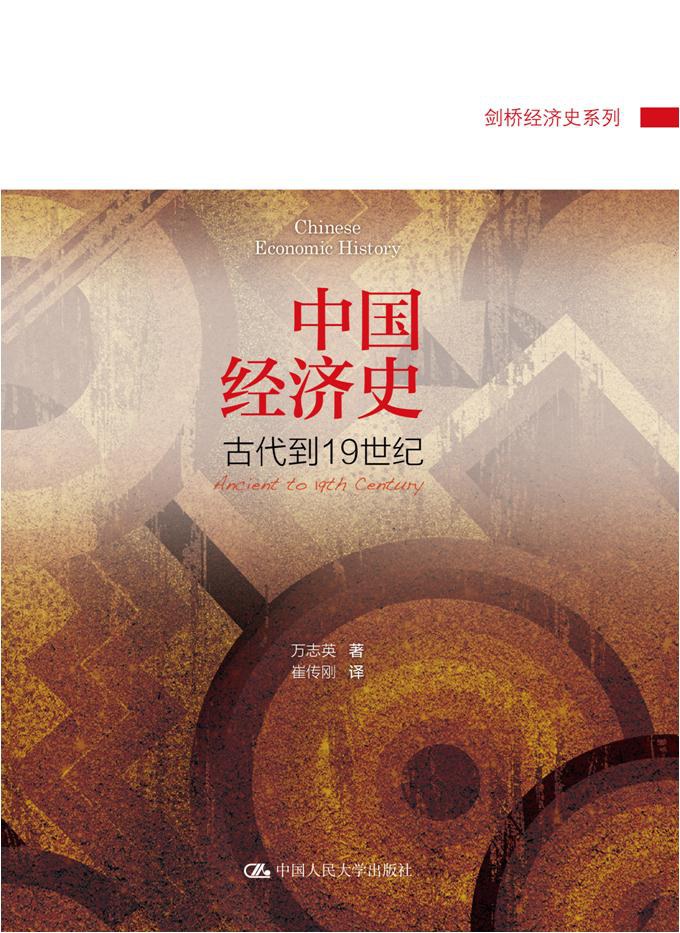
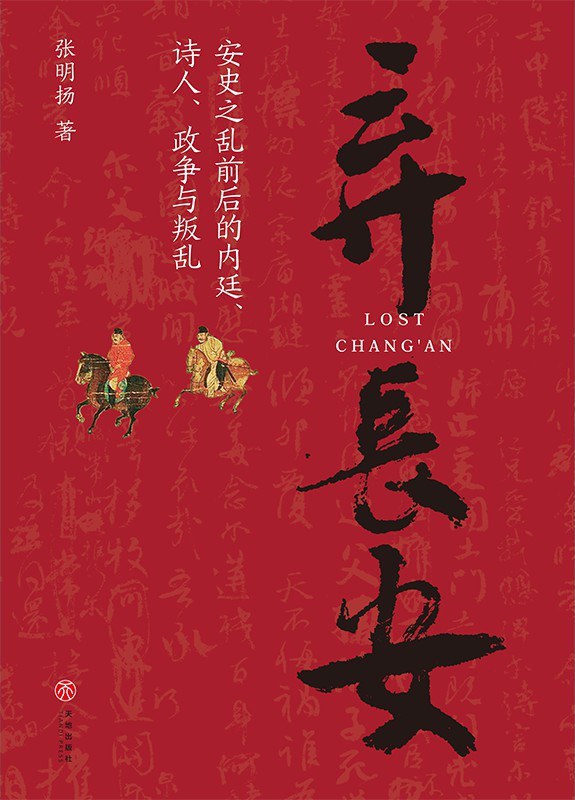
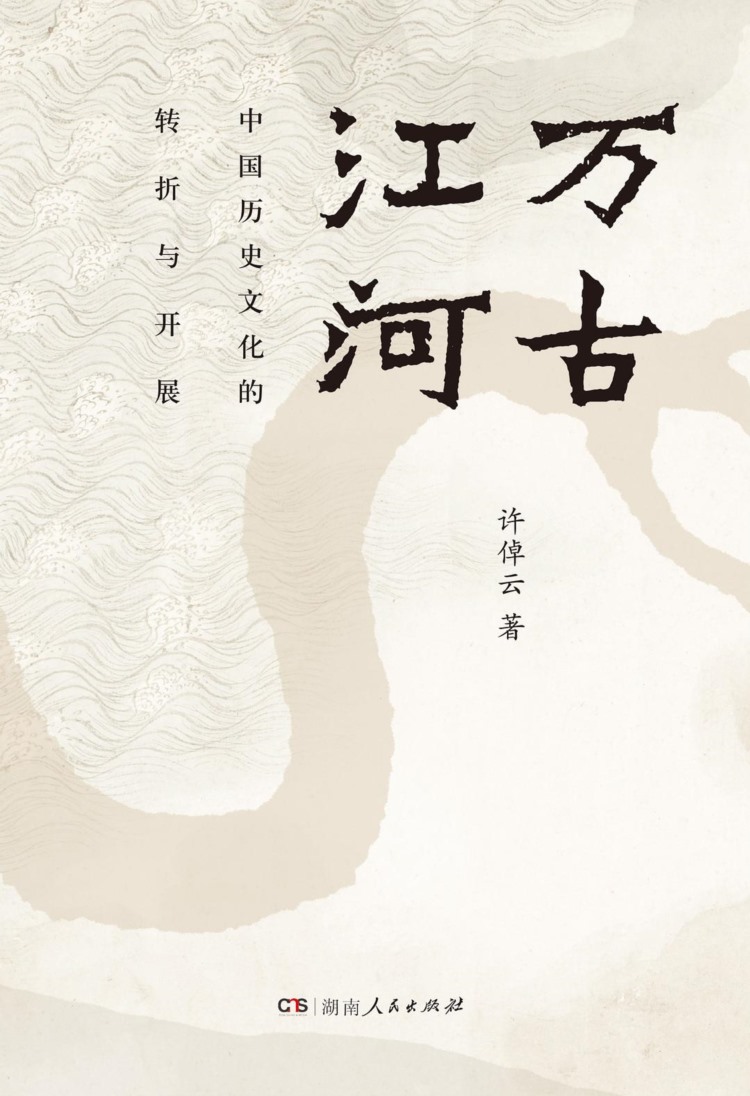
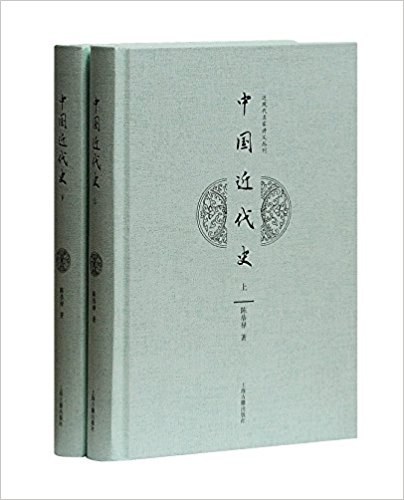

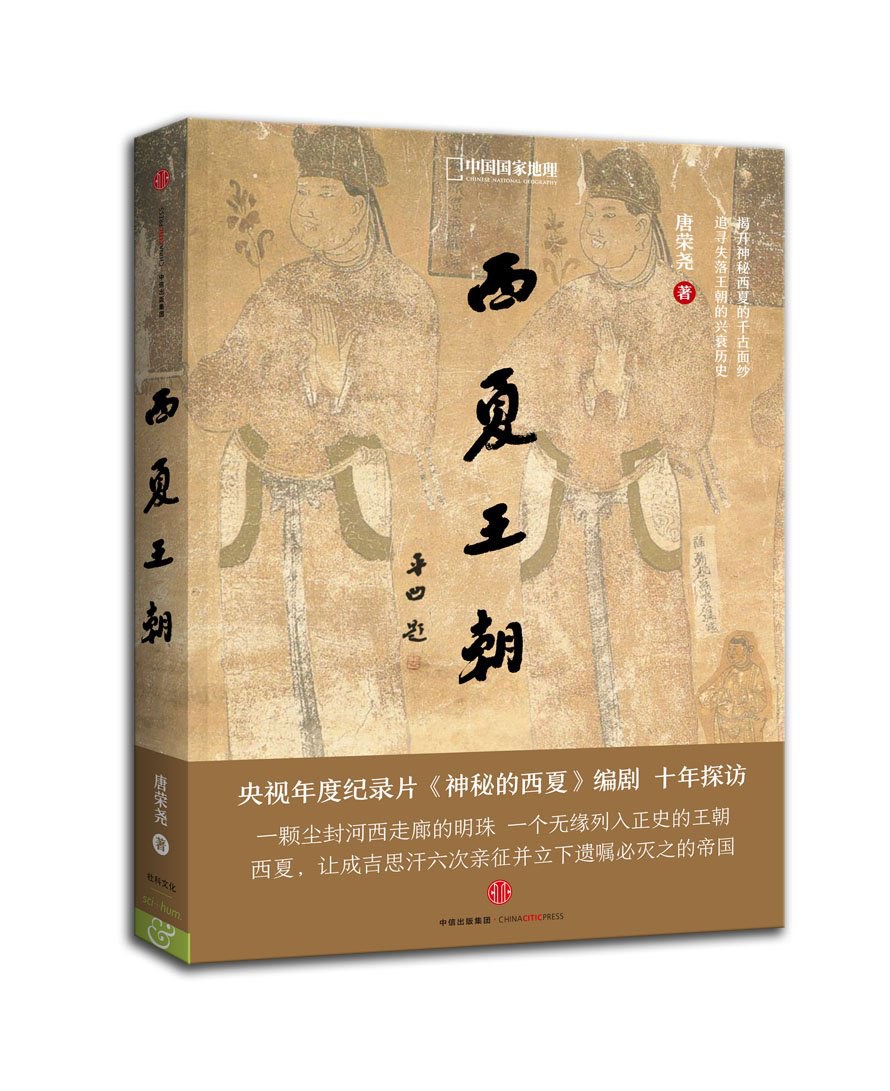

发表评价